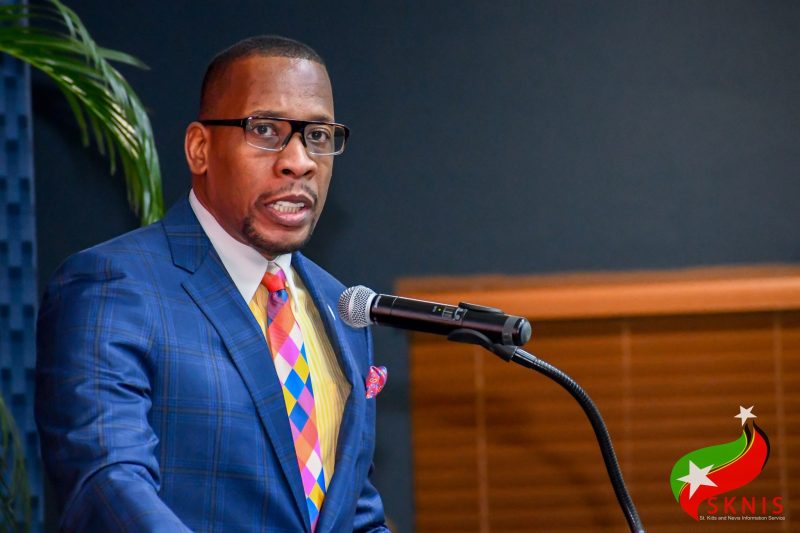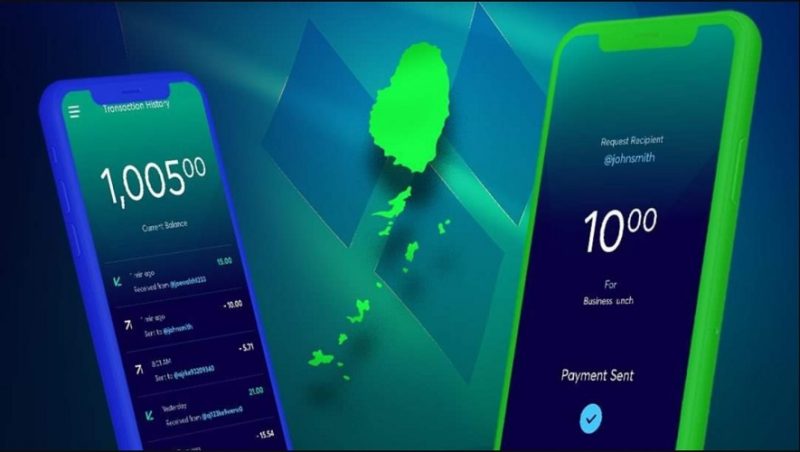Local stakeholders participated in a virtual workshop to receive an update on the “Improving management of sargassum influxes in Montserrat” project being funded through the Darwin Initiative.
The Caribbean Natural Resources Institute (CANARI), UWI – Centre for Resource Management and Environmental Studies (CERMES) and Ministry of Agriculture, Lands, Housing and Environment (MALHE) in Montserrat are collaborating on the project which also includes the British Virgin Islands and Anguilla.
Presentations were made by Crystal Dasent and Dr. Ainka Granderson of CANARI, and Dr. Patrick McConney, UWI – CERMES on the key findings from scoping, knowledge, attitudes and practices (KAP) surveys and the management of sargassum influxes in Montserrat.
The scoping study was conducted from January to May 2022.
The only reported health impact from sargassum was rashes. The Lookout Community is affected by the strong smell of decaying sargassum on Marguerita Bay.
Fishers who were surveyed said they experienced damage to engines by the weed. They also said they caught fewer fish and they have seen a change in the species of fish they find.

Only 7.1% of the respondents confirmed that they have been involved in consultation at community or national levels. 32.1% were aware of and are exploring uses of sargassum, particularly as compost/fertiliser. However, of those who have been involved in management of sargassum, 14.3% rated their level of involvement as low to medium.
The final draft project communication and engagement strategy was also shared for feedback.
Research by UWI-CERMES and the UNEP-Caribbean Environment Programme highlights that management of sargassum influxes is hampered by: (1) inadequate local and scientific information on lessons and best practices for management and adaptation; (2) poor forecasting and inadequate preparation; (3) lack of guiding national policies or plans and poor coordination for effective responses; and (4) inadequate access to funding to implement management and adaptation solutions.
Some of the activities conducted in the three-nation project include:
- desk-based reviews for scoping and design of participatory sargassum research and monitoring framework in each Territory
- Procurement of drones and related software and training partner agencies, civil society organisations (CSOs) and local communities to conduct drone monitoring using standardised monitoring protocol
- Conducting virtual training with partner agencies, CSOs and local communities on participatory ICTs to capture local knowledge and practices
- Drafting or updating sargassum management plans for each Territory.
Stakeholders present included representatives from the Department of Environment, Fishers Association, and the Farmers Association.
A train the trainers’ workshop will be held in each Territory in May 2023 on best practices for sargassum collection, removal and rehabilitation of affected areas targeting coastal and marine managers and users.
Discover more from Discover Montserrat
Subscribe to get the latest posts sent to your email.



